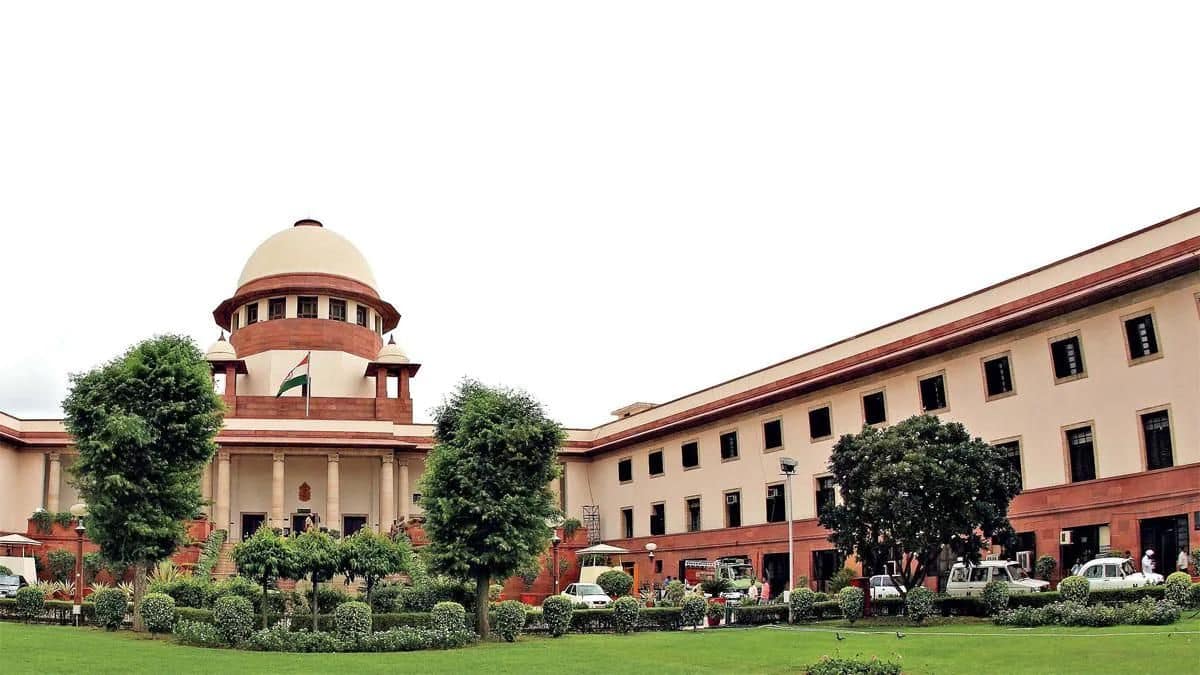In a recent development, the Supreme Court has expunged remarks made by Justice Rajbir Sherawat of the Punjab and Haryana High Court, which were critical of the apex court’s decision to stay proceedings in a matter pending before his bench. The Supreme Court deemed these observations as “gratuitous,” “unnecessary,” and “unwarranted.”
The controversy arose from an order issued by Justice Sherawat, wherein he criticized the Supreme Court for intervening in a case under his purview. The remarks prompted the Supreme Court to take suo moto cognisance, leading to a review of the contentious observations.
In a detailed order, the Supreme Court underscored the importance of judicial decorum and the need for mutual respect between different levels of the judiciary. The apex court emphasized that such remarks could undermine the authority of higher courts and disrupt the judicial hierarchy.
“We are of the view that the gratuitous observations made by the single judge were absolutely unnecessary and unwarranted. The judiciary must maintain a decorum that respects the hierarchical structure, ensuring that orders from higher courts are implemented without undue commentary,” the Supreme Court stated.
The expunged remarks had questioned the Supreme Court’s authority and decision-making process, creating a stir within legal circles. Legal experts noted that this move by the Supreme Court reinforces the principle of judicial discipline and the sanctity of its orders.
Justice Sherawat’s initial comments had sparked a debate about the balance of power within the judiciary and the scope of criticism permissible by lower courts. The Supreme Court’s decision to expunge these remarks aims to preserve the integrity and cohesiveness of the judicial system.
The Supreme Court also reiterated that its interventions are guided by the need to ensure justice and uniformity in the application of the law. It called for all judicial officers to exercise restraint and adhere to established norms of conduct.
This incident highlights the delicate nature of intra-judicial relationships and the importance of upholding respect across different judicial tiers. The expunging of the remarks serves as a reminder of the need for judges to communicate their disagreements within the bounds of judicial propriety.

